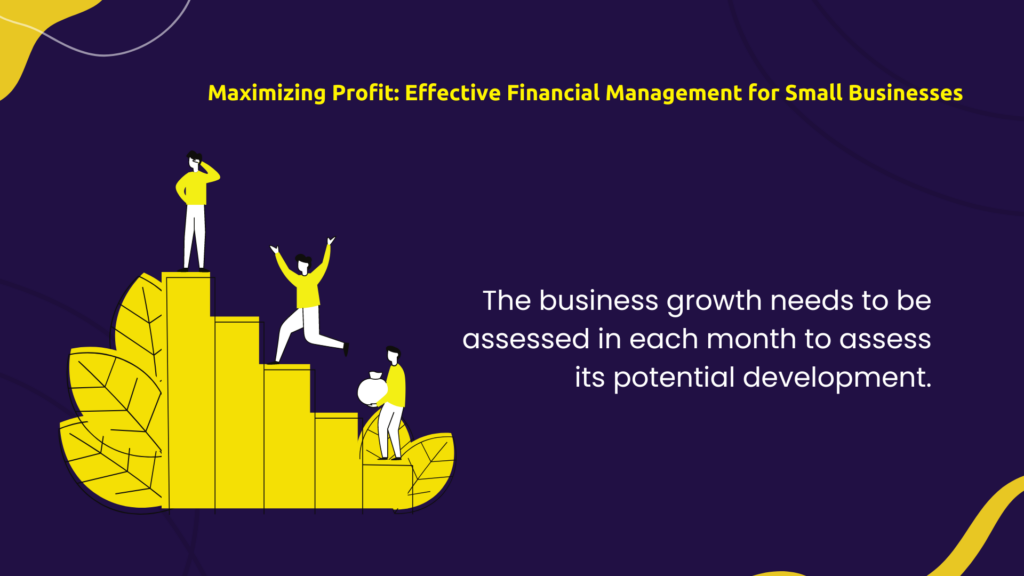Securing funding is a crucial step for starting and growing a small business. Here are the primary funding options available, including loans, grants, and investors:
1. Loans
a. Traditional Bank Loans
- Description: Loans provided by banks with fixed or variable interest rates and set repayment terms.
- Pros: Often lower interest rates, established lending criteria, and support services.
- Cons: Strict eligibility requirements, lengthy approval processes, and the need for strong credit history and collateral.
b. Small Business Administration (SBA) Loans
- Description: Government-backed loans designed to support small businesses, including the 7(a) Loan Program and the 504 Loan Program.
- Pros: Lower down payments, longer repayment terms, and easier qualification criteria than traditional bank loans.
- Cons: Lengthy application process and significant paperwork.
c. Online Lenders
- Description: Loans from online financial technology companies offering quick access to capital.
- Pros: Faster approval processes, flexible terms, and easier application procedures.
- Cons: Higher interest rates and potentially shorter repayment terms.
d. Microloans
- Description: Small, short-term loans typically offered by nonprofit organizations or community development financial institutions (CDFIs).
- Pros: Suitable for very small businesses, startups, and those with limited credit history.
- Cons: Smaller loan amounts and sometimes higher interest rates compared to traditional loans.
2. Grants
a. Government Grants
- Description: Funds provided by federal, state, or local governments to support small businesses.
- Pros: No repayment required and can provide significant financial support.
- Cons: Highly competitive, specific eligibility criteria, and extensive application processes.
b. Small Business Innovation Research (SBIR) and Small Business Technology Transfer (STTR) Programs
- Description: Federal programs that provide grants for research and development projects.
- Pros: Support for innovative projects, access to additional resources and partnerships.
- Cons: Highly competitive and requires a focus on technological innovation or research.
c. Corporate and Foundation Grants
- Description: Grants offered by large corporations, foundations, or nonprofit organizations to support small businesses.
- Pros: Can target specific industries or causes, often with less competition than government grants.
- Cons: Specific eligibility requirements and may require matching funds or reporting on use of funds.
3. Investors
a. Angel Investors
- Description: Wealthy individuals who invest their personal funds in startups in exchange for equity or convertible debt.
- Pros: Access to capital, mentorship, and industry connections.
- Cons: Giving up a portion of ownership and control, and possible high expectations for growth and returns.
b. Venture Capitalists (VCs)
- Description: Firms or funds that invest in early-stage, high-potential businesses in exchange for equity.
- Pros: Significant capital, expertise, and strategic support.
- Cons: Loss of substantial ownership, rigorous performance expectations, and possible influence on business decisions.
c. Crowdfunding
- Description: Raising small amounts of money from a large number of people, typically via online platforms like Kickstarter, Indiegogo, or GoFundMe.
- Pros: Access to a large pool of potential backers, validation of business ideas, and marketing benefits.
- Cons: Requires significant effort to create and manage campaigns, platform fees, and no guarantee of reaching funding goals.
d. Friends and Family
- Description: Funding from personal networks, including friends and family members.
- Pros: Flexible terms and conditions, and easier access than formal investors.
- Cons: Risk of damaging personal relationships and potential for informal agreements leading to misunderstandings.
Choosing the Right Funding Option
Consider the following factors when choosing a funding option:
- Stage of Business: Startups might benefit more from grants, angel investors, or crowdfunding, while established businesses might prefer loans or venture capital.
- Amount Needed: Larger sums may necessitate venture capital or substantial loans, while smaller amounts might be covered by microloans or crowdfunding.
- Repayment Terms: Evaluate your ability to repay loans versus giving up equity with investors.
- Eligibility: Ensure you meet the criteria for the chosen funding source, whether it’s credit score for loans or innovation focus for grants.
Each funding option has its advantages and disadvantages. Assess your business needs, growth potential, and personal comfort with debt or equity sharing to select the best fit for your business.



Leave a Reply